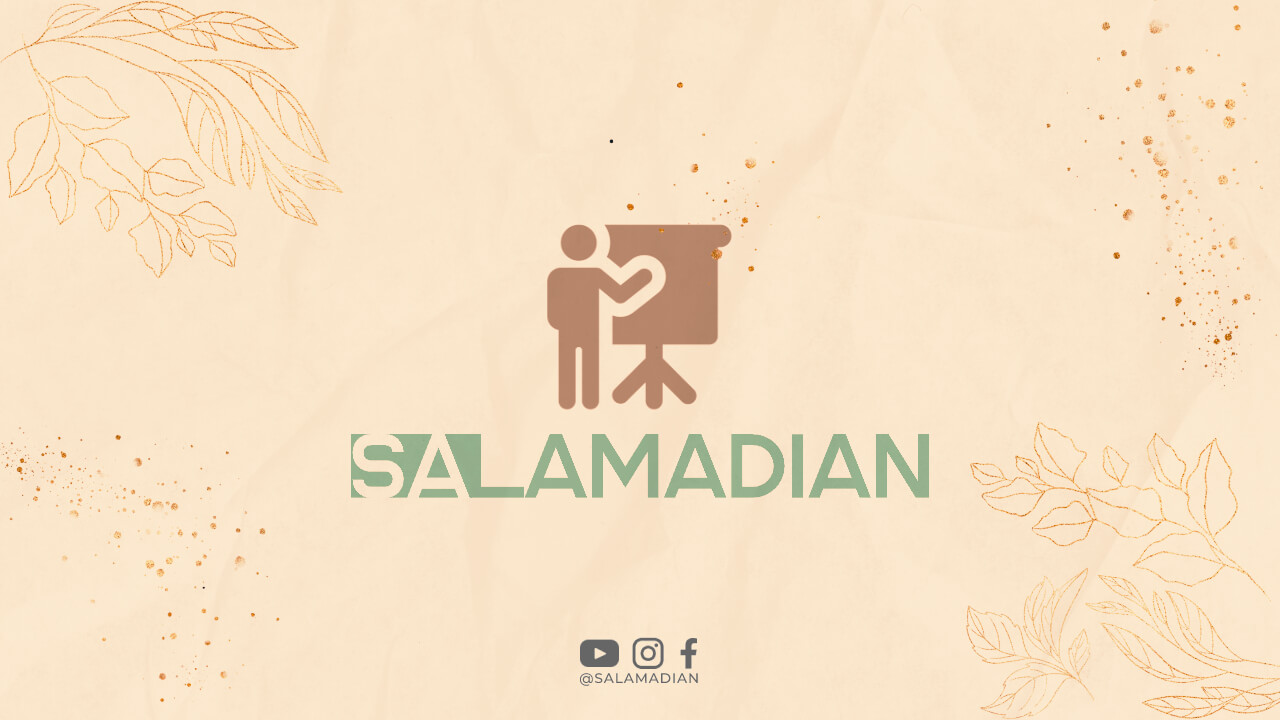Are you thinking about taking out a second mortgage? Maybe you want to renovate your home, pay off some debt, or invest in a new property. Whatever your reasons may be, a second mortgage can be a great way to access the equity in your home and get the funds you need.
What is a Second Mortgage?
A second mortgage is a type of loan that allows you to borrow against the equity in your home. It works similarly to a primary mortgage, but it is a subordinate loan that comes after your first mortgage. This means that if you default on your loans, your first mortgage lender gets paid before your second mortgage lender.
Types of Second Mortgages
There are two types of second mortgages: home equity loans and home equity lines of credit (HELOCs).
A home equity loan is a lump sum of money that you borrow and repay with fixed monthly payments over a set period of time. The interest rate on a home equity loan is usually fixed, which means that it stays the same over the life of the loan.
A HELOC, on the other hand, is a revolving line of credit that you can borrow from as needed. You only pay interest on the amount that you borrow, and the interest rate on a HELOC is usually variable, which means that it can fluctuate over time.
How Much Can You Borrow?
The amount that you can borrow with a second mortgage depends on several factors, including your credit score, income, and the amount of equity in your home. Typically, lenders will allow you to borrow up to 80% of your home’s appraised value, minus the outstanding balance on your first mortgage.
Benefits of a Second Mortgage
There are several benefits to taking out a second mortgage, including:
- Access to cash: A second mortgage allows you to tap into the equity in your home and get the cash you need for whatever purpose you desire.
- Lower interest rates: Second mortgages usually have lower interest rates than other types of loans, such as credit cards or personal loans.
- Tax benefits: Depending on your situation, you may be able to deduct the interest on your second mortgage from your taxes.
Drawbacks of a Second Mortgage
While there are benefits to taking out a second mortgage, there are also some drawbacks to consider:
- Higher risk: Second mortgages are riskier for lenders than first mortgages, which means that they often come with higher interest rates and fees.
- Increased debt: Taking out a second mortgage means that you are taking on more debt, which can put a strain on your finances and credit score.
- Foreclosure risk: If you default on your loans, you could lose your home to foreclosure.
How to Qualify for a Second Mortgage
To qualify for a second mortgage, you will need to meet certain requirements, including:
- Good credit: Lenders will look at your credit score and credit history to determine your creditworthiness.
- Stable income: You will need to show proof of income to demonstrate that you can afford the monthly payments on your second mortgage.
- Equity in your home: You will need to have enough equity in your home to borrow against.
How to Apply for a Second Mortgage
If you think a second mortgage is right for you, here are the steps to apply:
- Shop around for lenders and compare rates and terms.
- Gather all the necessary documents, including your credit report, income statements, and home appraisal.
- Fill out an application with the lender of your choice.
- Wait for the lender to review your application and make a decision.
- If approved, review and sign the loan documents.
- Receive the funds and use them for your intended purpose.
Conclusion
A second mortgage can be a valuable tool for accessing the equity in your home and getting the funds you need. However, it is important to weigh the benefits and drawbacks carefully and make sure you can afford the monthly payments. By following these guidelines and working with a reputable lender, you can make an informed decision and get the loan that is right for you.

